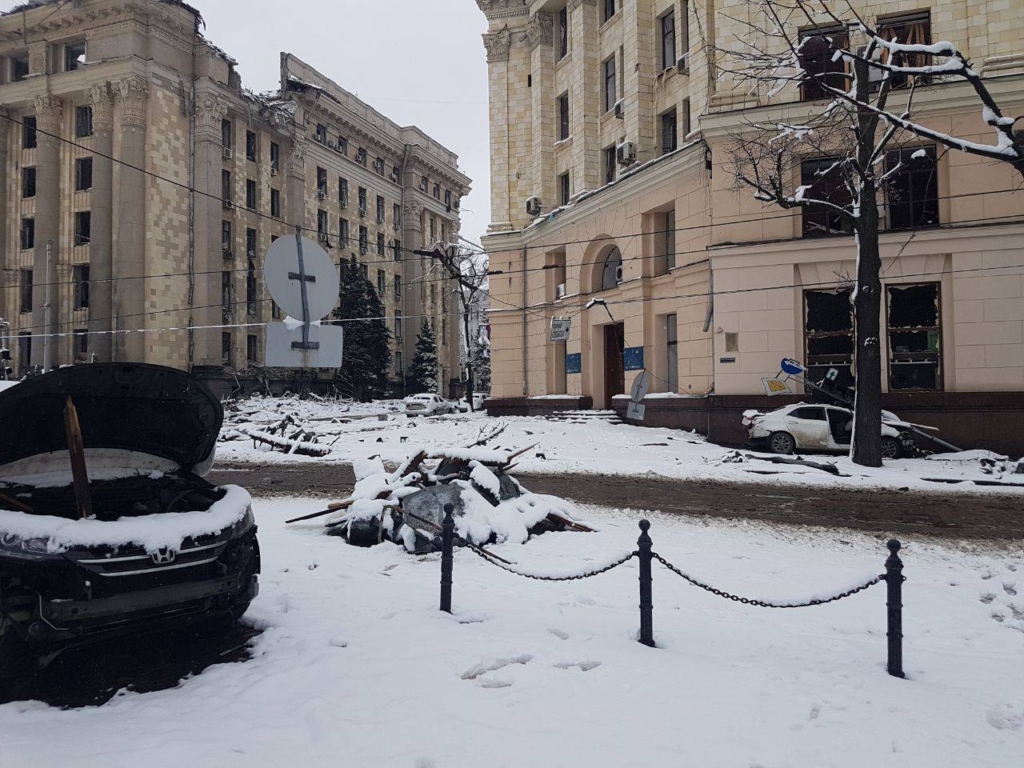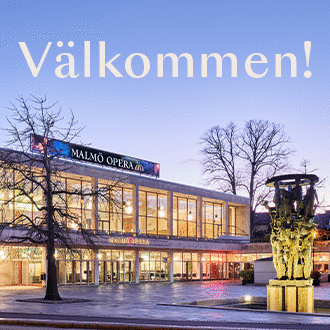It's been one and a half week since the Russian military invaded Ukraine. Lundagård's Hampus Peterson spoke to Yarina, a student living in the Ukrainian city of Kharkiv, about the current situation.
While many European countries have opened their arms to refugees fleeing the war, most Ukrainians have chosen to stay and must now adapt to life in a war zone. Before the war, Yarina was an English teacher and was pursuing a master’s degree in English language and literature.
When Lundagård talked to her she was staying with her parents and her younger brother.
– My father used to be in the military. He helps the rest of us to make sense of the situation, says Yarina.
On the 24th of February Putin launched a full-scale invasion of Ukraine. Missiles struck several Ukrainian cities and military sites, and soon thereafter Russian troops crossed the border.
– Since the Russian invasion of Ukraine my life and the lives of my fellow Ukrainians have changed drastically. For me personally, the first three or four days must have been the hardest.
Kharkiv was one of the first cities to be attacked and many buildings have been destroyed by airstrikes. Last week the city’s Freedom Square was struck with several rockets, damaging an opera house, a concert hall and administrative offices.
Yarina says that Russia has been targeting civilians in Kharkiv and there have been reports of Russian cluster bombs being fired into residential areas in the city.
What are your thoughts about staying in Ukraine?
– For now, my family and I are staying in Kharkiv and we are monitoring the situation every day. We are always looking for possible options, concerning how we are going to live our lives in the future.
In just a week over a million people have fled the country. Many are seeking refuge in neighboring European countries. UNHCR has estimated that more than 4 million people might become refugees in the coming future.
– Quite a few of my friends and acquaintances have left Ukraine. But luckily some are staying, and it helps to create a certain system of support for myself, my family, and all the people who are staying.
– As for me, I cannot answer the question for sure right now. It is difficult to predict. My family is hoping to stay, but of course, if the situation changes for the worse, we are going to leave. I can’t tell where we would go, it could be a city in western Ukraine or another country.
According to Yarina, the war has been a unifying force among the Ukrainian people. She says that such solidarity wasn’t expected, but people from different cities and of different ages, religions, and political outlooks have come together. Yarina also thinks positively about how the international community has reacted to the invasion.
– I think it is quite wonderful that European countries provide Ukraine with both military and humanitarian support.
There have been appeals to European and NATO countries to close the sky over Ukraine. That would mean imposing a no-fly zone and ultimately taking military measures to prevent Russian aircraft from entering Ukrainian airspace. However, NATO has rejected the idea since it could lead to a military confrontation with Russia.
– I’m conflicted about such a decision because I know it would start an open war between NATO and Russia, says Yarina.
Instead, the US, the EU and UK have imposed sanctions against individuals, businesses and officials in Russia.
– I really hope the sanctions will cause a strong reaction within Russian society and that the Russian people will fight to stop the war.
After the interview ended, Yarina wrote that she and her family had been forced to seek shelter after hearing a new round of bombardment. Their lives changed on 24th February and they must now learn to live and stay alive in a time of war.










